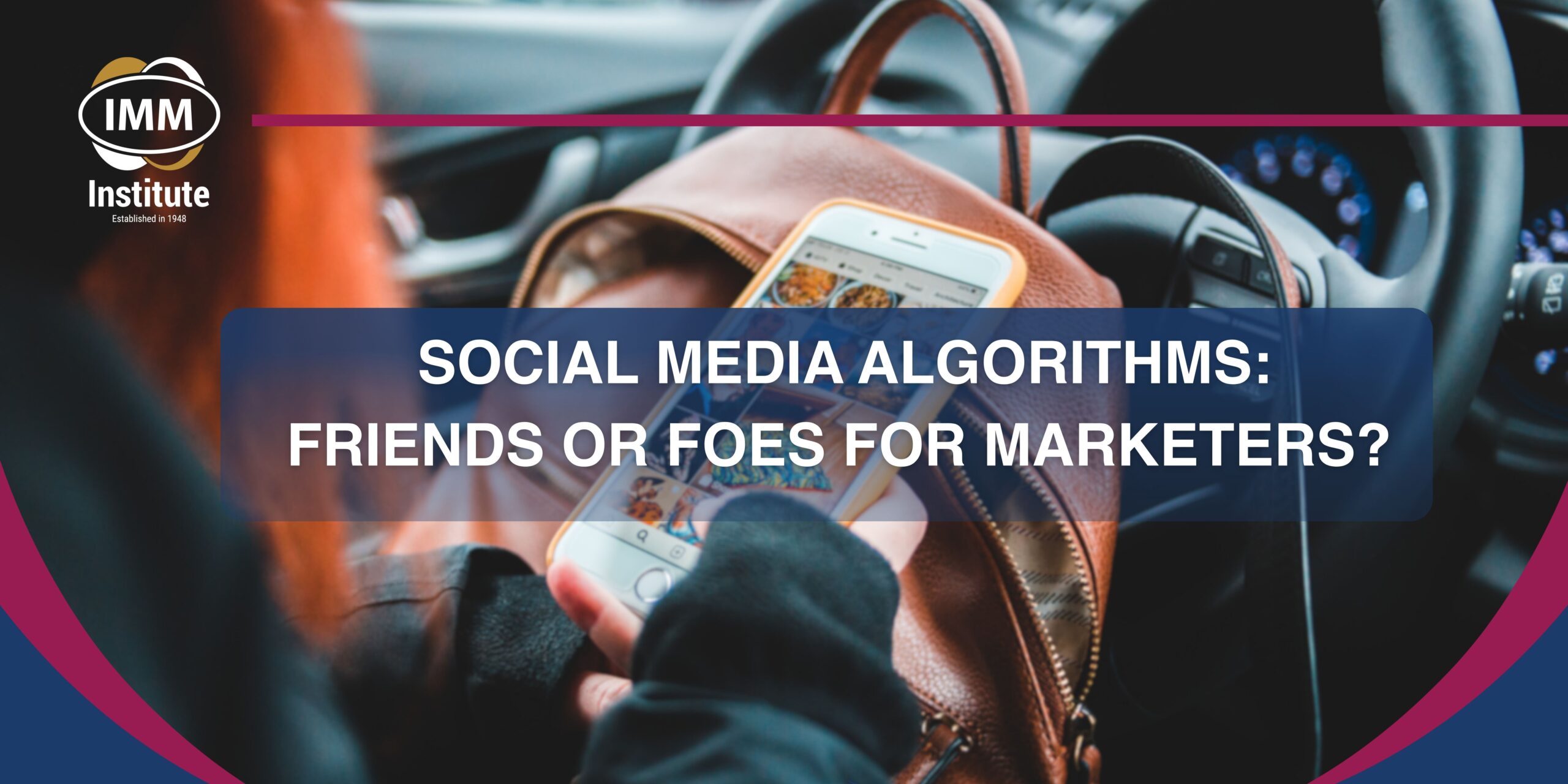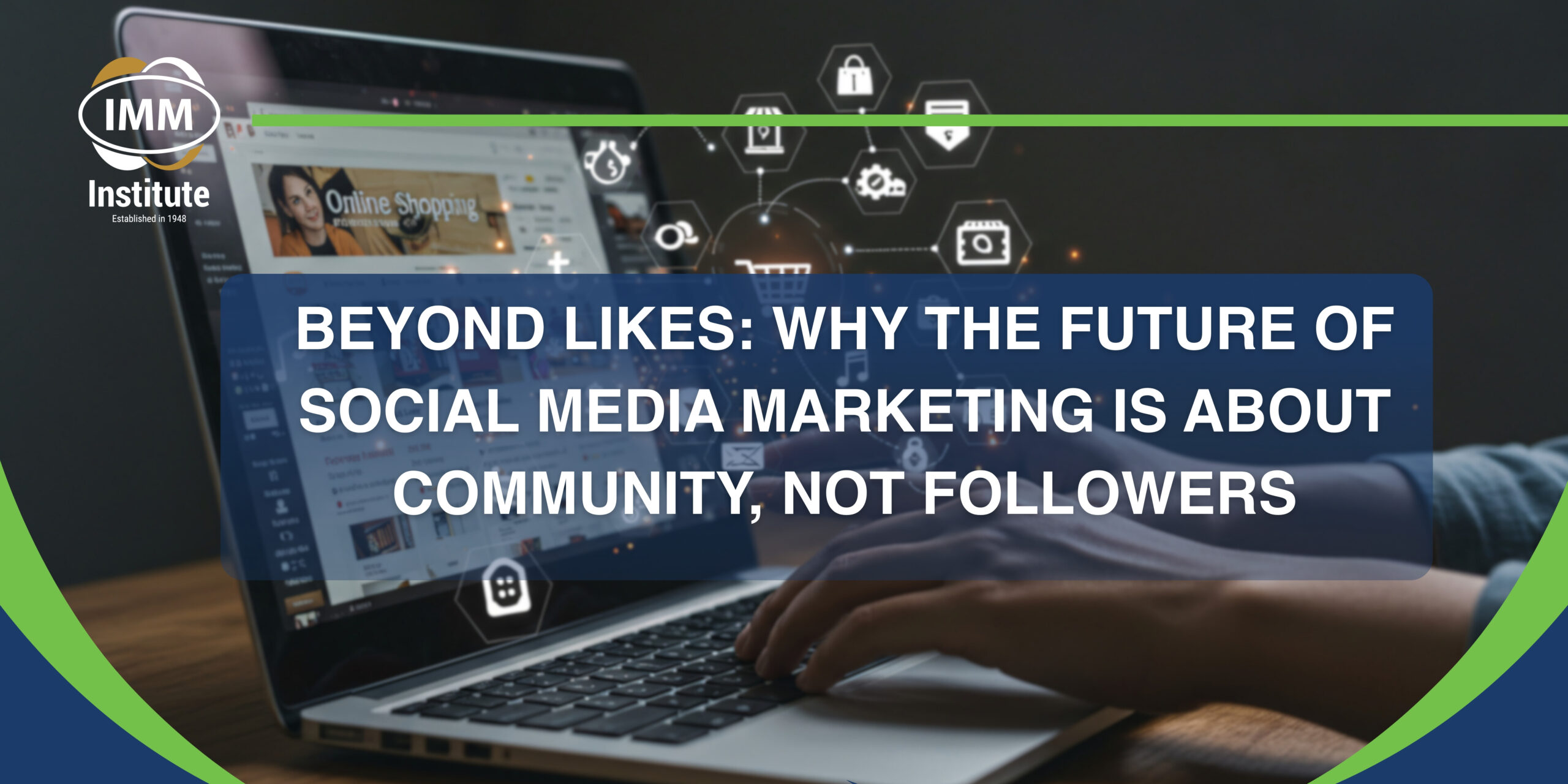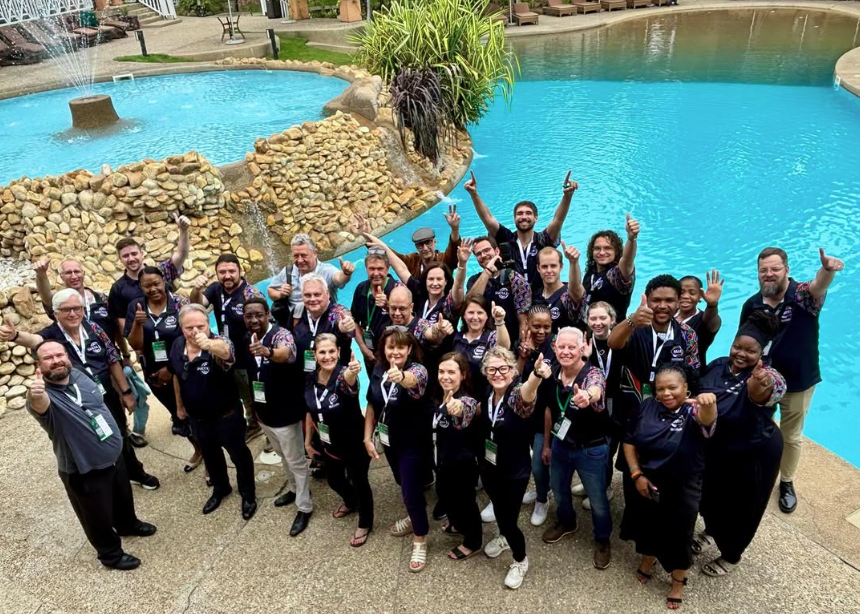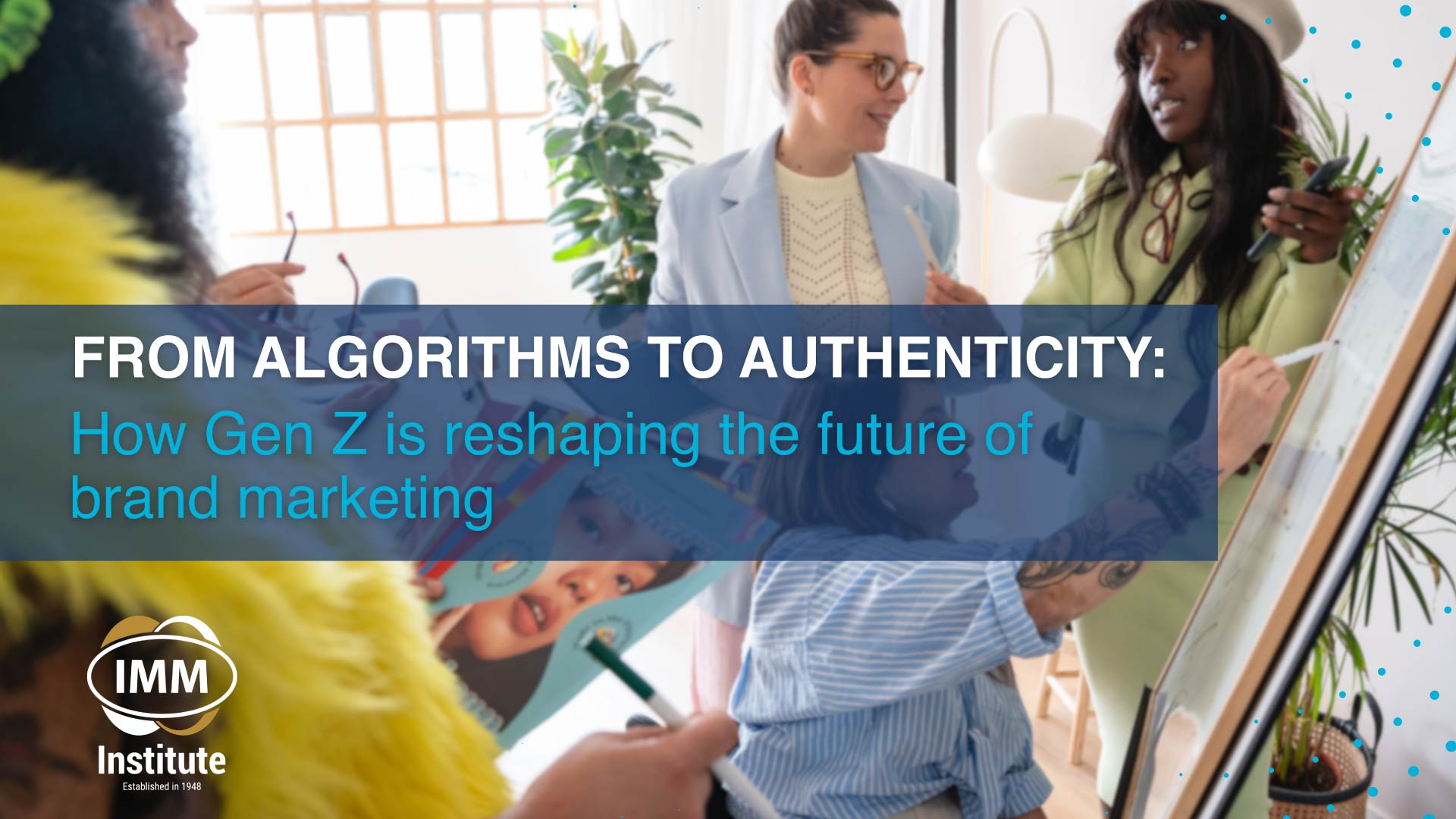
From algorithms to authenticity: How Gen Z is reshaping the future of brand marketing
Gen Z, the digital-native generation born between the mid-1990s and early 2010s, is rapidly becoming one of the most influential consumer groups worldwide. In Africa and across the globe, their spending power is growing, but what makes them truly disruptive is not how much they buy, but how they choose who to buy from. Their values have shifted the marketing landscape from plastic charm and algorithmically optimised ads toward a space where realness, sustainability, and social impact weigh more than ever.
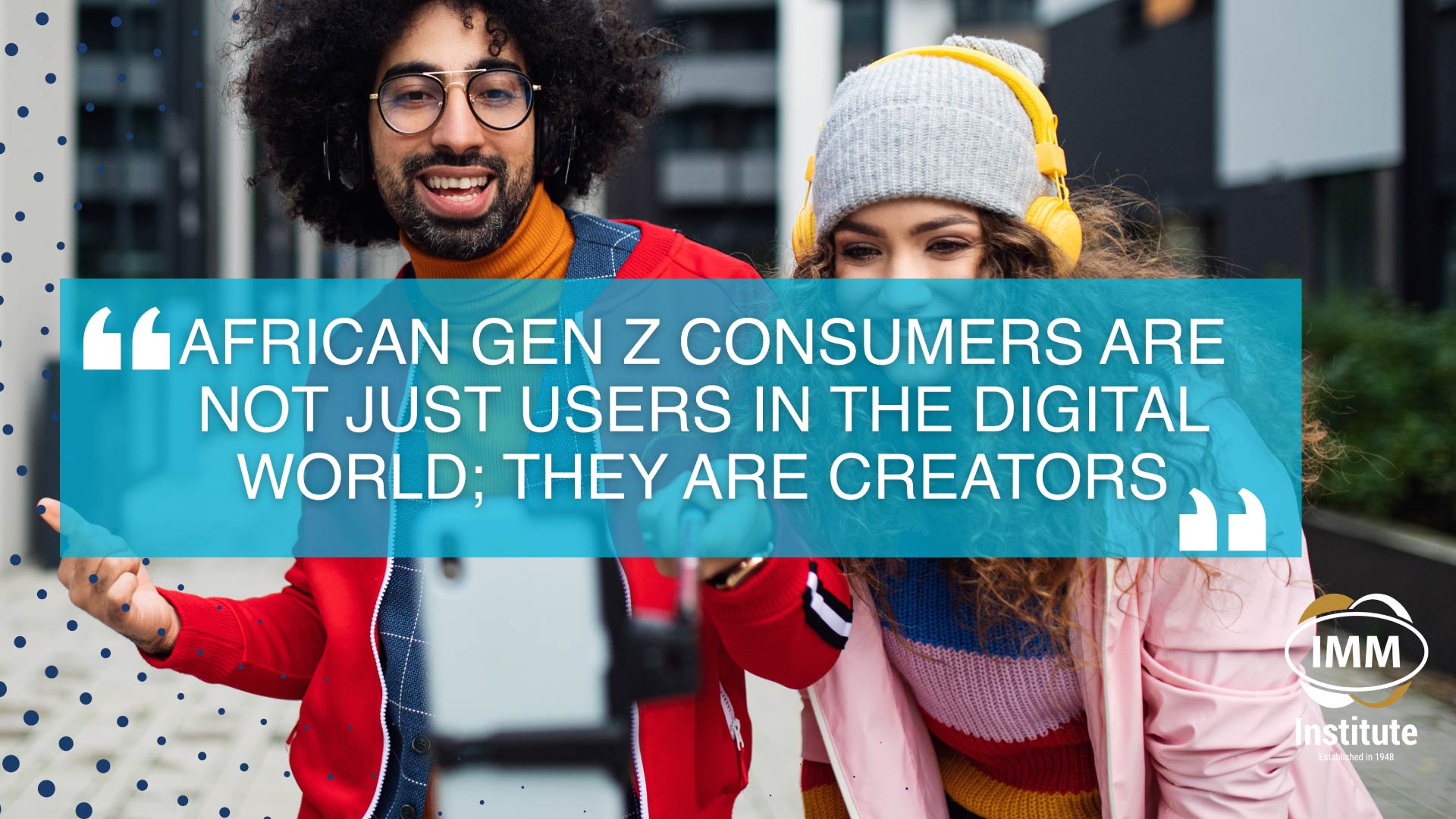
Where previous generations responded to aspirational imagery and celebrity endorsements, Gen Z seeks authenticity. They were raised with unfiltered content through TikTok, Snapchat, and YouTube, and their radar for inauthenticity is polished. Overly produced campaigns with A-list endorsements might not work much for them. Instead, they want brands to reflect their views and to be a constant presence for them in an informal and casual way.
Such a shift meaningfully affects marketers, particularly in Africa, where youngsters are maturing within a distinctively connected, socially aware, and enterprising society. African Gen Z consumers are not just users in the digital world; they are creators. They use platforms to tell their own stories, challenge norms, and promote social causes. A brand that fails to recognise this active participation risks becoming irrelevant.
The decline in traditional influencer culture is one palpable shift in this landscape. Influencers still hold some influence, but Generation Z is more likely to put its trust in micro-influencers. Micro-influencers are those content creators with smaller yet more engaged followings and who are seen as authentic rather than aspirational. These creators often reveal behind-the-scenes moments, vulnerabilities, or a real perspective that really resonates with people. In South Africa, Nigeria, and Kenya, local creators with a genuine grassroots appeal are already building powerful communities that brands have begun to pay attention to.

Sustainability and social impact also rank high in Gen Z’s consideration set. To this generation, merely knowing what a brand sells is not important; they want to know what it stands for. They will ask hard questions about environmental practices, working conditions, and community engagement. Brands that engage in transparent communication about their supply chains, give back to their communities, or support social justice movements can generate a lot of brand loyalty.
For marketers, that process means rethinking not only content but the whole brand experience. No longer can one place targeted ads on different media. Gen Z expects a consistent and honest brand voice to be maintained across all channels, from Instagram captions to customer service interactions. Brands must listen, respond, and engage with integrity, especially in African markets where social issues such as youth unemployment, climate resilience, and equality hold sway at the forefront.
Further, co-creation becomes imperative. Gen Z wants to be conversing with the brand, not merely being sold to. Brands that bring their audiences into the circle around product development, marketing campaigns, or social initiatives tend to develop a deeper connection. Think of brands that crowdsource their design ideas, get actual customers into the content, or put a strong emphasis on user-generated content as a vehicle for narrating.

Want to Market Smarter to Gen Z?
If you are a marketing manager, brand strategist, or aspiring digital marketer trying to keep pace with these fast-moving trends, now is the time to sharpen your digital marketing strategy skills. The Digital Approach to Marketing Strategy course offered at the IMM Institute equips marketing professionals to develop integrated digital strategies that match the right digital channels to the right customers, streamline marketing activities, and support broader business goals.
This course covers the SOSTAC strategic planning process, explores the impact of digital and mobile technologies on consumer behaviour, and provides practical tools for combining online tactics like SEO, PPC, mobile apps, and online PR with an organisation’s overall marketing efforts. It’s designed to help you create consistent, meaningful brand experiences that today’s connected consumers, including Gen Z, actually care about.
Are you ready to speak Gen Z’s language or risk being scrolled past? Enrol today and lead the charge in shaping the future of marketing.










